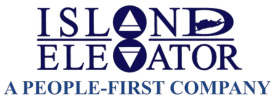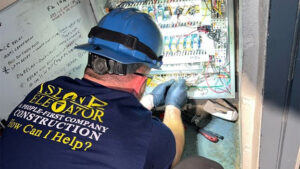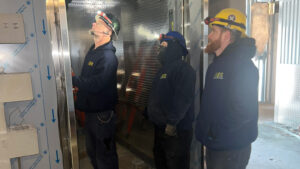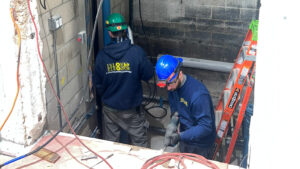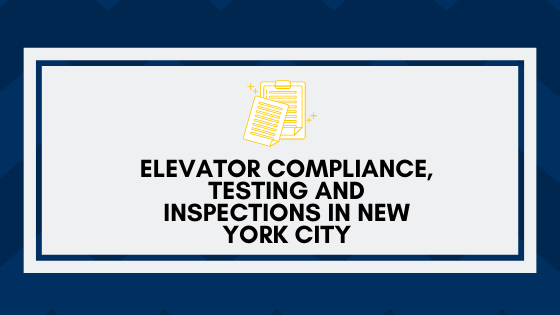
In the United States, elevators and escalators combined travel roughly 2.828 billion miles each year. Out of the 900,000 elevators in the U.S., New York City holds an intriguing record.
The Department of Buildings (DOB) keeps track of over 84,000 elevator devices. In New York City, you’ll find the oldest population of elevators in the country. That’s a lot of ups and downs!
The DOB, in New York City, regulates elevators. Here’s what you need to know about elevator compliance, testing, and inspections.

Why Is Elevator Compliance So Critical?
Most people don’t give much thought to elevator safety—until a tragedy occurs. But then, the average rider, typically too busy to contemplate elevator safety risks, sees a news report and perhaps begins thinking of alternate methods of vertical transportation.
Making sure the elevators in your building are reliable and safe is not something to take lightly.
Despite their excellent safety record, riding in an elevator is not without a certain level of risk. For example, poor maintenance increases the chance of accidents and other safety issues.
Elevator compliance helps ensure the people who ride in and work on elevators can do so without worrying about reliability and safety.

How to Ensure You Follow the Rules
In January 2022, the Elevator Safety Act goes into full effect. The current governor passed the bill as part of the statewide effort to minimize safety hazards associated with using elevators in commercial, residential, and educational buildings.
According to the new rules, any person responsible for the design, construction, operation, inspection, maintenance, alteration, and repair of elevators (and escalators) must hold a state license. In addition, another piece of the bill requires licensing for elevator inspectors and technicians.
Knowing the purpose behind the Elevator Safety Act is a first step toward understanding elevator compliance. However, routine maintenance of every elevator in your care is the number one way you guarantee compliance.
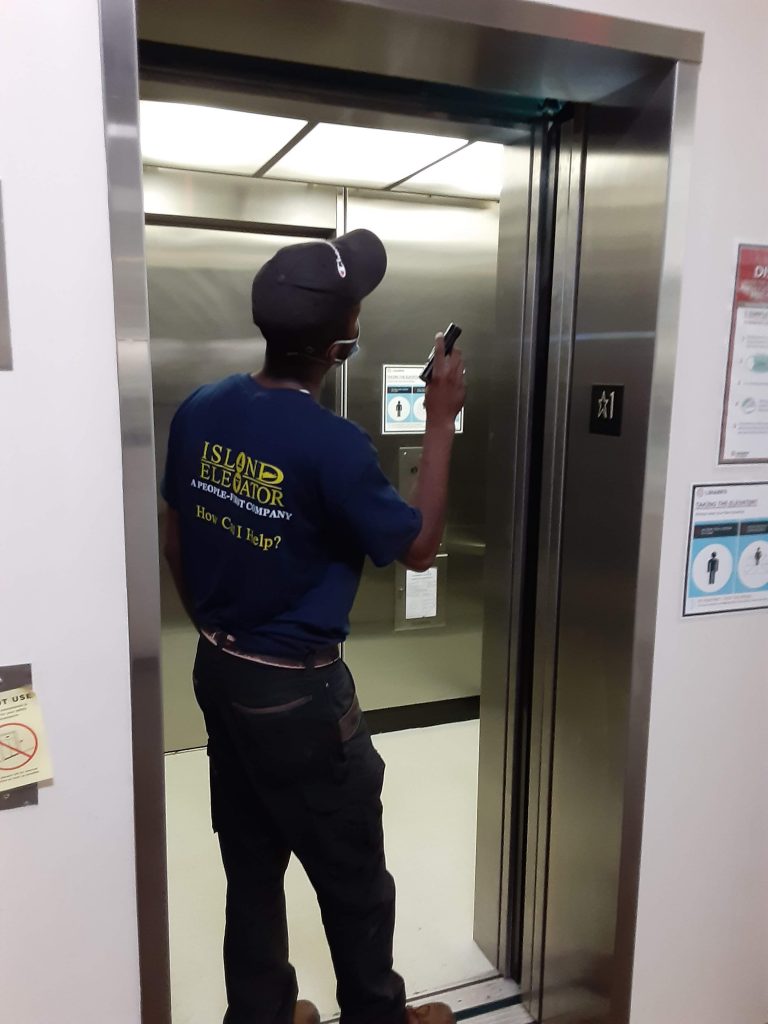
Elevator Maintenance Is Your Responsibility
As a business owner or manager, keeping employees and customers safe while they’re on your business property is your responsibility. That responsibility increases when you have elevators in operation.
Routine maintenance is your first line of defense against accidents and other safety issues.
Since commercial elevators bear a heavy burden, including the weight of extra people, heavy equipment, and more rides per year than residential elevators, faithful adherence to an elevator maintenance schedule is vital.
Most elevator service providers recommend service at least every other month. Bi-monthly service visits give you peace of mind knowing your elevators will be ready to run smoothly and safely.
DOB elevator compliance guidelines state that all businesses must keep a current maintenance contract with an elevator service agency approved by the department. In addition, all maintenance contracts must include a maintenance control program.
Finally, the DOB requires businesses to keep a detailed maintenance log on-site.
Elevator Testing and Inspections in New York City
In addition to light maintenance visits, you’ll also schedule a twice-yearly elevator inspection. This inspection timetable is specific for New York City. Yearly inspections help identify significant safety issues, allowing you to be proactive and stay in compliance with the DOB elevator compliance rules.
What about testing—isn’t that the same as having an inspection? While inspection and testing are terms often used interchangeably in the elevator industry, there are significant differences.
For example, the purpose of an inspection is to assess whether or not your elevator equipment meets the current New York City code. Elevator testing is one component of the inspection. Unless the elevator inspection professional verifies completion of the proper tests, the elevator cannot pass inspection.
Inspectors typically don’t do the testing, but they can quickly check whether tests have been run by examining logs, testing documents, and testing tags. Of course, all of those items must be present on-site.

What Elevator Tests Does New York City Require?
You’re likely not surprised that there isn’t a single test for elevator compliance. The truth is elevator type is what drives testing. Also, there are multiple tests designed to target specific operational issues.
The most common tests run on elevators in commercial buildings, including hospitals, schools, religious meeting places, and multi-family residential buildings, include, but are not limited to:
- Elevator drop test
- Pressure test
- Load test
The Category 1 test refers to an annual test and inspection. Category 5 testing takes place every five years. Category 1 and 5 testing takes place on electric and hydraulic elevators.
There is another test used for hydraulic elevators—the Category 3 test. Regardless of which tests an elevator technician runs, the focus of always the safety of the riders, and, of course, the technicians who work on the elevator.
Elevator Maintenance Tips for Building Owners
Even though you should leave most maintenance tasks to a certified elevator technician, there are things you can do in-between routine service visits to help keep your elevator equipment in top condition. For example:
- Keep repair logs current
- Do daily inspections
- Check doors for misalignment
- No harsh cleaning chemicals
- Keep records of issues
These may seem like small tasks, but noticing issues before they morph into costly and dangerous problems, is the biggest thing you can do to ensure elevator safety.
Repair records are a required component of routine maintenance. Keeping records of issues allows you to keep track of slow transit times, faster than standard transit times, and strange noises. In addition, your records can provide helpful information when you need elevator repair.

A Universal Code for Elevators?
There are standards for elevators in the United States and Canada. In the U.S., the standard is ASME A17.1 – Safety Code for Elevators and Escalators. Covered under ASME A17-1 is:
- Design
- Construction
- Operation
- Inspection
- Testing
- Maintenance
- Alteration
- Repair
While standard safety codes cover elevators in all jurisdictions, in the state of New York, elevators in Rochester may come under slightly different rules and regulations than elevators in New York City buildings.
If you’re unsure how to interpret elevator compliance rules, you can always contact a qualified elevator service company. A friendly expert is your best resource for ensuring your company meets compliance.
Is Your Elevator On Track for Safety Compliance?
Reading through New York City’s vertical transportation safety code manual might not be your idea of light reading. But, that’s okay because, with the information in this article, a routine maintenance program, testing and inspections, and a good relationship with an elevator service technician, you’ll rest easy knowing your elevators will pass any test of compliance.
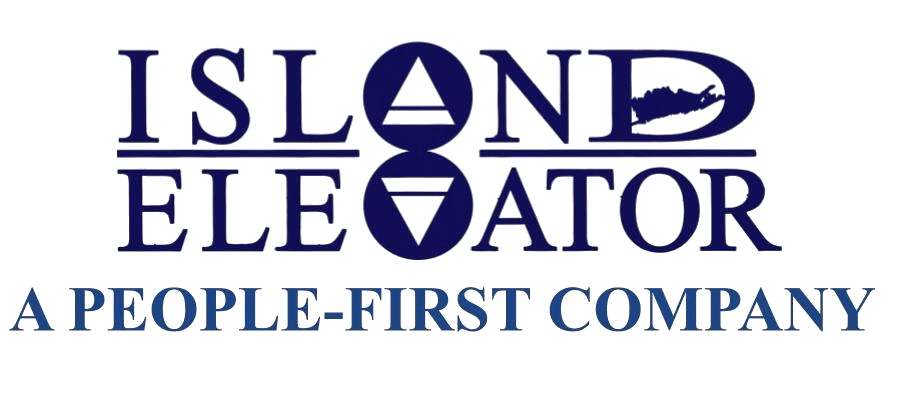
Island Elevator is Ready to Help!
Island Elevator is here to help you understand all facets of your Elevator Repair, Maintenance, & Modernization costs in the new year. Our team is here to help ensure your home and business vertical transportation equipment receive the regularly scheduled maintenance necessary to help you avoid a major catastrophe, reduce the possibility of a costly repair, and ensure the safety of your passengers, tenants, and family.
